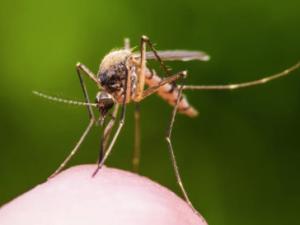

Research Bio
Nicholas Jewell is a professor of the graduate school in the Department of Statistics. He is involved in the application of statistical techniques to problems arising from the health and biomedical sciences. Recently, his attention has focused on statistical issues associated with studies of the natural history of infectious diseases including Human Immunodeficiency Virus (HIV) disease, dengue fever, Ebola Virus Disease, Severe Acute Respiratory Syndrome (SARS), and H1N1 influenza. Currently, he is involved in a large community intervention trial to reduce dengue fever through the deployment of Wolbachia-infected mosquitos. He is also investigating statistical tools for community trials for HIV prevention in Africa. Other interests include topics in causal inference and clinical trials, and statistical analyses of adverse health effects associated with therapeutic drugs. From a statistical perspective, many of these problems concern survival analysis methods and other techniques for the analysis of incomplete data. He is a member of the National Academy of Medicine, and was Vice Provost of the UC Berkeley campus from 1994--2000, and then at the Office of the President from 2007-08. His appointment is joint between Statistics and Biostatistics in the School of Public Health.
Research Expertise and Interest
AIDS, statistics, epidemiology, infectious diseases, dengue fever, Wolbachia, Ebola Virus Disease, SARS, H1N1 influenza, adverse cardiovascular effects of pharmaceuticals, counting civilian casualties during conflicts
In the News
Breakthrough in eliminating dengue, other mosquito-borne diseases
Coronavirus: science and solutions
Harvard honors Berkeley public-health prof for contributions to statistics
A professor of biostatistics and statistics at the School of Public Health, Nicholas Jewell, has been chosen to receive Harvard University's 2012 Marvin Zelen Leadership Award in Statistical Science.



